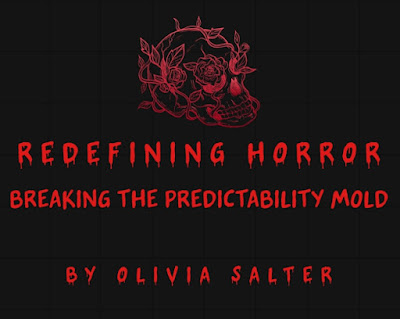"A writer is someone who has taught his mind to misbehave."
-- Oscar Wilde
Oscar Wilde, one of the most celebrated playwrights and authors of his time, once said, "A writer is someone who has taught his mind to misbehave." With this intriguing quote, Wilde encapsulates the essence of what it means to be a writer, emphasizing the need for creativity, imagination, and a rebellious spirit.
At first glance, one might interpret Wilde's quote as a call to abandon societal norms and conventional thinking. After all, the idea of "misbehaving" often implies going against the established rules. However, when we delve deeper into Wilde's words, we can understand that the true essence lies in the writer's ability to explore new ideas, challenge the status quo, and diverge from the expected path.
Writers are inherently different from those who adhere strictly to societal norms and regulations. They possess an insatiable curiosity that compels them to question, challenge, and explore the depths of human experience. It is this rebellious mindset that allows them to create compelling narratives, develop unique characters, and present innovative perspectives.
In order to give life to their words, writers must free their minds from the constraints of conformity. They embrace freedom of thought, unearthing ideas and concepts that may be unconventional or controversial. By breaking away from the ordinary, they can provide readers with fresh insights and alternative viewpoints that provoke thought and inspire change.
Moreover, the act of teaching one's mind to misbehave is not a passive endeavor. A writer actively engages in honing their craft, constantly seeking to push the boundaries of language, storytelling, and imagination. They experiment with different writing styles, challenge conventional grammatical structures, and employ literary techniques that subvert expectations. It is this constant exploration and refusal to conform that allow writers to leave an indelible mark on literature and society.
Furthermore, Wilde's quote resonates with writers on a personal level. Writers often find solace in embracing their idiosyncrasies and idly wandering through the labyrinth of their thoughts. They may find inspiration in the silence of the night or in the hidden corners of their minds, where unconventional ideas arise and flourish. In this process, they develop a unique relationship with their own thoughts, nurturing their creativity and unleashing the potential within.
However, it is important to note that "misbehaving" in the context of writing does not imply a complete disregard for structure or coherence. Writers must still master the craft, wielding language adeptly to convey their thoughts effectively. It is through a deep understanding of the rules that they can effectively break them, creating prose that is both captivating and thought-provoking.
In conclusion, Oscar Wilde's quote, "A writer is someone who has taught his mind to misbehave," encapsulates the essence of what it means to be a writer. Through embracing a rebellious spirit, writers free their minds from the constraints of conformity, allowing them to explore new ideas, challenge societal norms, and create works that inspire and provoke thought. It is this ability to misbehave, to break away from the ordinary, that distinguishes writers and allows them to leave an indelible mark on literature and society.








